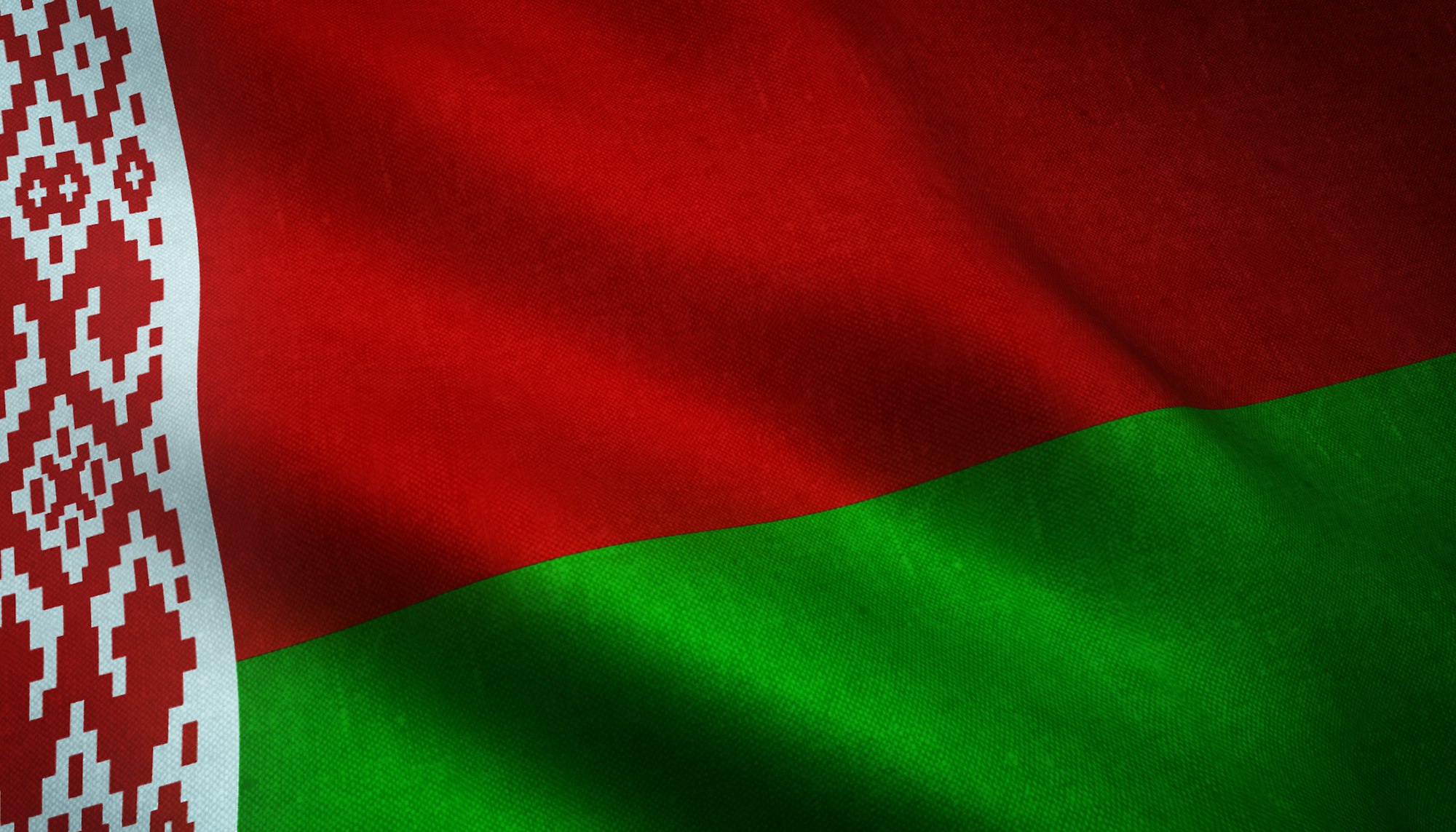Brazilian President Luiz Inácio Lula da Silva has confirmed that his government is preparing new legislation to regulate social media, a move he defended despite criticism from US President Donald Trump. Speaking at an event in Pernambuco, Lula stressed that ‘laws also apply to foreigners’ operating in Brazil, underlining his commitment to hold international platforms accountable.
The draft proposal, which has not yet been fully detailed, aims to address harmful content such as paedophilia, hate speech, and disinformation that Lula said threaten children and democracy. According to government sources, the bill would strengthen penalties for companies that fail to remove content flagged as especially harmful by Brazil’s Justice Department.
Trump has taken issue with Brazil’s approach, criticising the Supreme Court for ruling that platforms could be held responsible for user-generated content and denouncing the 2024 ban of X, formerly Twitter, after Elon Musk refused to comply with court orders. He linked these disputes to imposing a 50% tariff on certain Brazilian imports, citing the political persecution of former president Jair Bolsonaro.
Lula pushed back on Trump’s remarks, insisting Bolsonaro’s trial for an alleged coup attempt is proceeding with full legal guarantees. On trade, he signalled that Brazil is open to talks over tariffs but emphasised negotiations would take place strictly on commercial, not political, grounds.
Would you like to learn more about AI, tech and digital diplomacy? If so, ask our Diplo chatbot!










